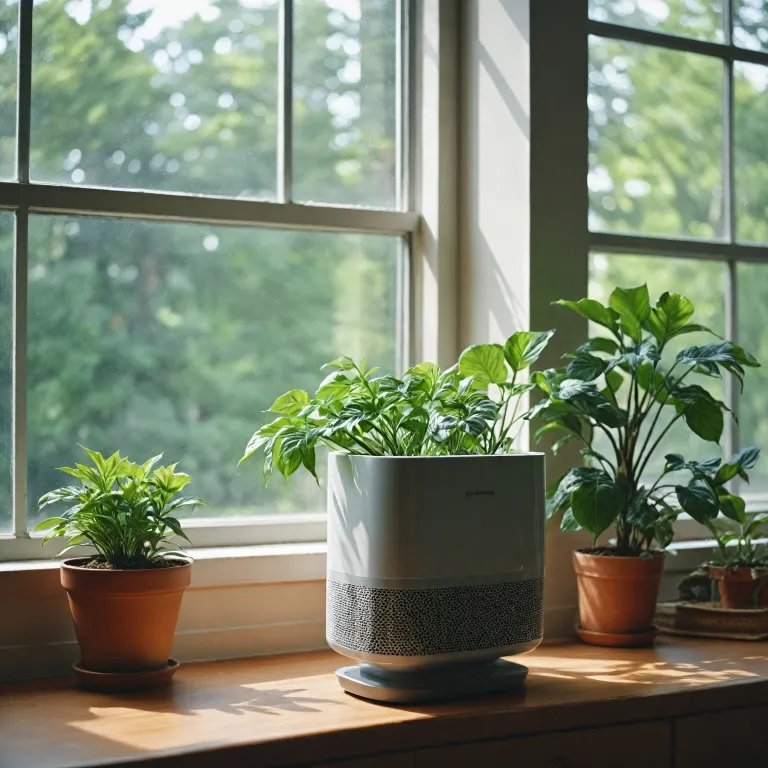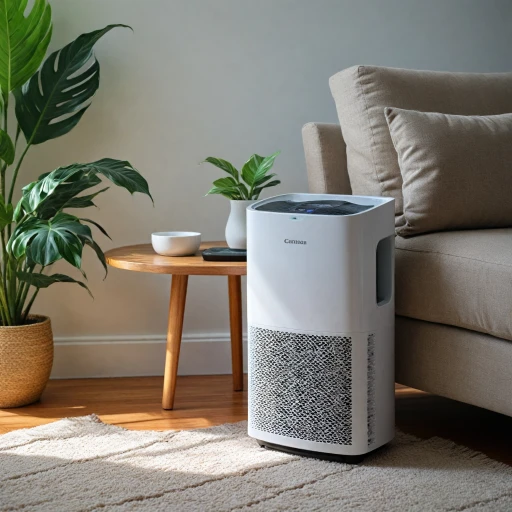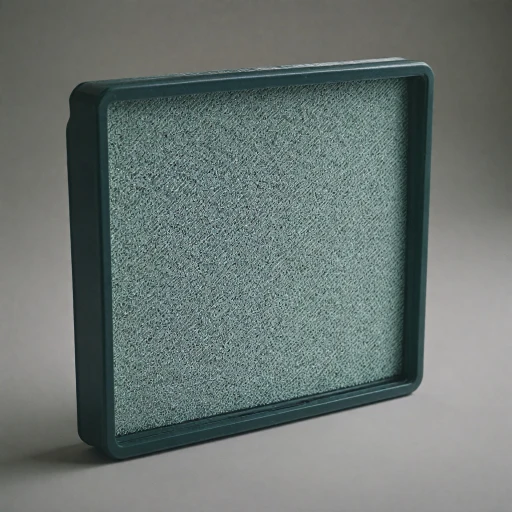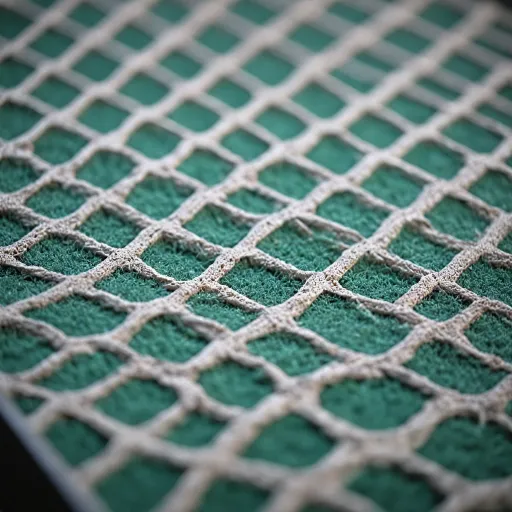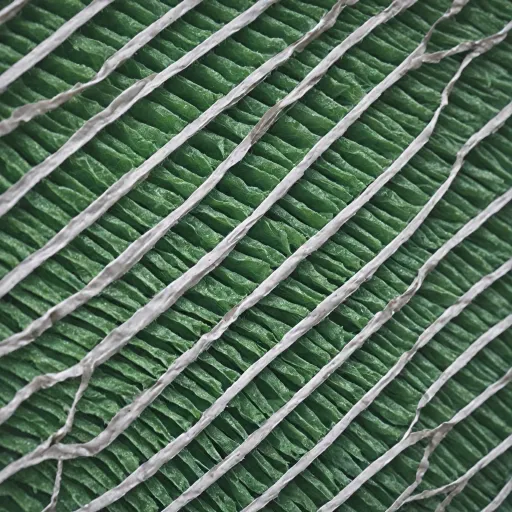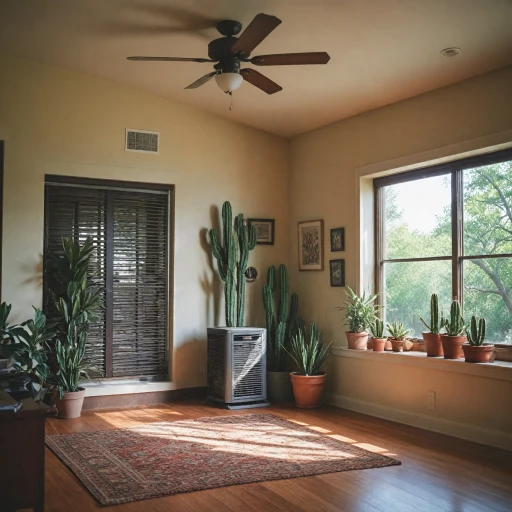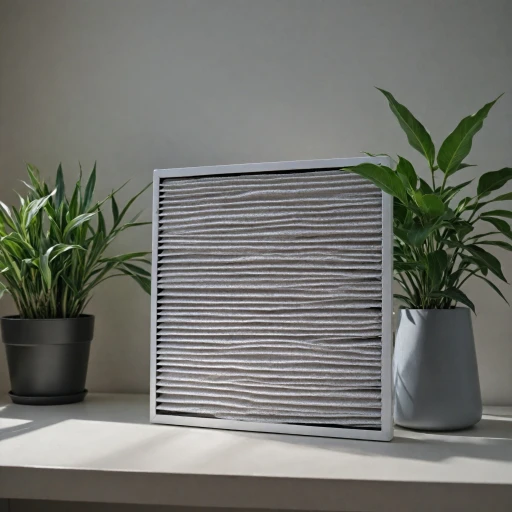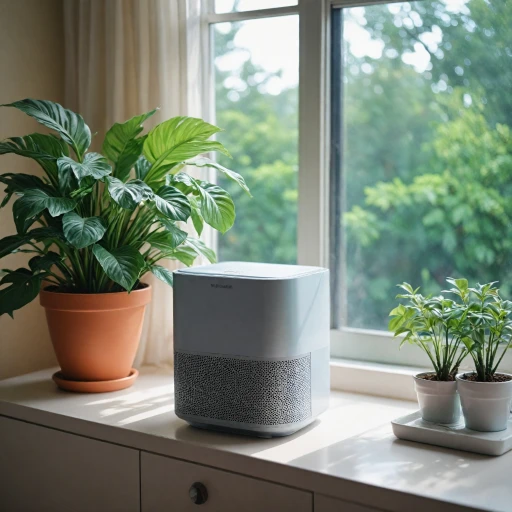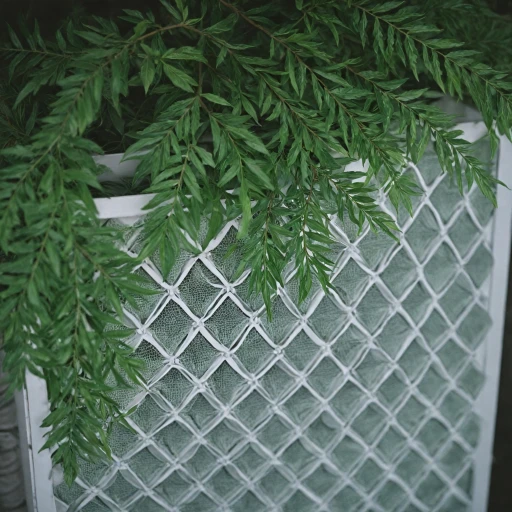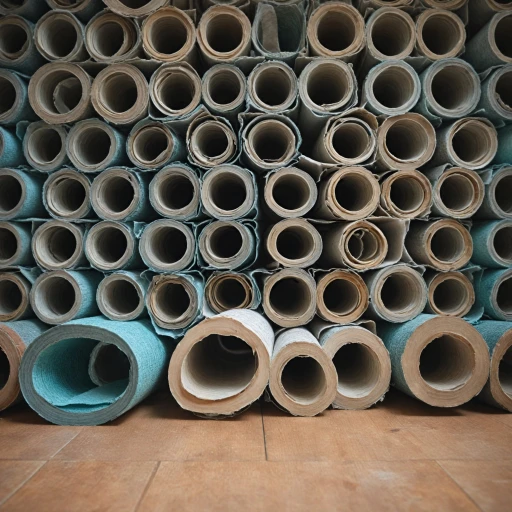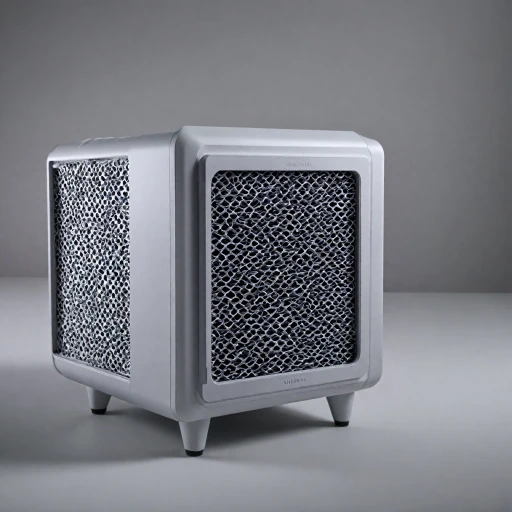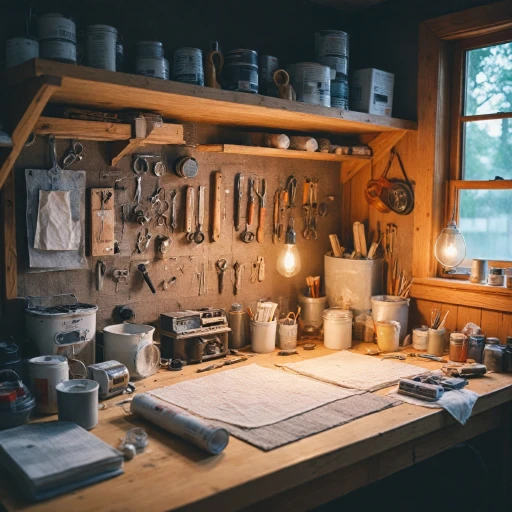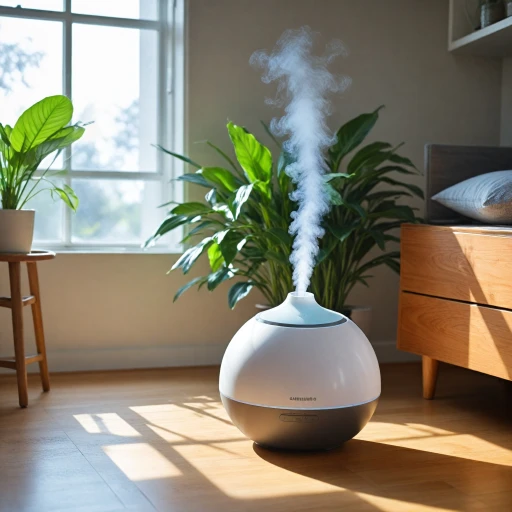
The Role of Air Purifiers in Indoor Air Quality
The influence of air purifiers on indoor environments
Air purifiers have become an essential component in enhancing indoor air quality, addressing the growing concern over pollutants present inside our homes. These systems operate by filtering out contaminants from the air, ensuring a cleaner environment for inhabitants. The heart of an air purifier is its filtration system, which can effectively remove particles such as dust, pollen, and even certain odors.
Airborne pollutants are not limited to solid particles, either. Volatile organic compounds (VOCs), gases, and various microorganisms can also be present in indoor air. High-quality filters, including those with activated carbon, are necessary to tackle these. Carbon block filtration plays a crucial role in absorbing tastes and odors, while reverse osmosis components can also be found in some advanced systems, particularly in water filtration applications.
Different types of systems, whether involving multi-stage filters or single-level options, can address specific needs based on the environment. Choosing the right filtration system involves understanding both the size and type of pollutants you are facing, as well as how long you intend to use the system before needing a filter replacement.
Maintaining air purifiers revolves around regularly replacing these filters. It's vital for the system's effectiveness and longevity. If you're curious to know more about why your original filter might need replacing and how it can impact your indoor air quality, you might find this guide on understanding the importance of Honeywell air purifier filters helpful.
Ultimately, the price you pay for these systems and replacement filters can often be justified by the significant improvement in air quality they provide, fostering a healthier living space. Investing in high-quality replacement filters can prolong the life of your purifier and ensure your loved ones breathe in fresher, cleaner air.
Why Pure Replacement Filters Matter
The Significance of Keeping Filters Pure
Understanding the value of pure replacement filters is crucial for ensuring that your air purifier operates at peak efficiency. The core functionality of any air purifier lies in its ability to filter out pollutants, allergens, and other particulates from the air. A pure replacement filter ensures that these harmful elements are effectively trapped, contributing to a healthier living environment. Pure filters are designed with advanced filtration systems that can include multiple stages. This might involve carbon block filters that are particularly adept at eliminating odors and hazardous substances. When these filters are in optimal condition, they can significantly improve indoor air quality, safeguarding against adverse health effects. By maintaining these filters, the air purification process remains effective and efficient. It's essential to view air filters not just as components, but as integral parts of an interconnected filtration system that includes reverse osmosis and water filters in ensuring comprehensive air quality improvements. It's important to consider that over time, filters can become saturated with pollutants, causing them to lose efficacy. Regularly checking and replacing them can save you both stress and expense in the long run, as clean filters help preserve the longevity and effectiveness of your air purifier. Not to mention, doing so can also prevent any potential issues related to secondary contamination of air being circulated back into your living space. For those interested in delving deeper into this topic, I recommend exploring the benefits of a 12x36x1 air filter for additional insights into how pure filters enhance your purifier's performance.Signs It's Time to Replace Your Filter
Indicators for Filter Replacement
Keeping your air purifier functioning optimally involves regular maintenance, and a critical component of this is recognizing when it's time to replace the filter. While having a stove top hood filter is essential for kitchens, the air purifier filter also requires timely attention to ensure the best indoor air quality.
Here are some signs to look out for that suggest you need a new filter:
- Decreased Airflow: If you notice a diminished airflow even when the system is set at full power, it may indicate that the filter is blocked. This occurs because contaminants accumulate over time, reducing the efficiency of the air flow.
- Persistent Odors: Lingering odors, especially those related to cooking, pets, or smoke, may suggest that the activated carbon or carbon block layers are saturated and unable to absorb any more particles.
- Visible Dust and Debris: An increase in visible dust and particles on surfaces within your space can signal that the system’s efficiency has been compromised by a clogged filter.
- Unusual Noises: Sometimes, a slight or distinct change in the noise level from your air purifier can hint at a filter that is overburdened and needs replacement.
- Builtin Indicators: Many modern air purification systems include a light or alert system that indicates when a filter replacement is needed. Always consider these alerts seriously.
Routine checks and maintenance are vital for any filtration system, whether it's an air purifier or a water filtration system like reverse osmosis. Being mindful of these indicators can prevent unnecessary wear and tear on your unit and, by extension, save you money on potential repairs. For those looking at the full scope of air purification, ensuring you have a filter replacement schedule can help keep those surfaces dust-free and the air quality remarkably high.
Types of Replacement Filters Available
Exploring the Variety: Your Guide to Replacement Filters
Choosing the right replacement filters for your air purifier can significantly affect its performance and the quality of indoor air. Just as there are diverse air purification systems, there is also a wide range of filter types, each catering to different needs and preferences.- HEPA Filters: Highly efficient particulate air (HEPA) filters are renowned for their ability to capture 99.97% of particulates as small as 0.3 microns. Ideal for those concerned with allergens like pollen and dust mites, HEPA filters are a staple in most air purification systems.
- Activated Carbon Filters: If odors are your main concern, activated carbon filters are an excellent choice. These filters contain carbon block elements that absorb volatile organic compounds (VOCs), making them effective in eliminating unpleasant smells and gaseous pollutants.
- Combination Filters: Some air purifiers use combination filters that incorporate both HEPA and activated carbon layers, targeting a broader spectrum of pollutants including particulates, gases, and tastes odors. Multifunctional systems often utilize this type of filter to enhance their utility.
- Water and Reverse Osmosis Filters: Though primarily associated with water filtration, some advanced air purifiers employ reverse osmosis technology to complement air cleanliness. These multi-stage systems purify both air and water, ensuring all aspects of your indoor environment are pristine.
- Replacement Cartridges and Packs: To save time and money, consider filter pack options that include multiple cartridges in one purchase. Although the original price might be higher, buying in bulk often results in cost savings over time. Keep in mind that the lifespan and effectiveness of your filter replacement depend largely on the quality of these cartridges.
How to Choose the Right Replacement Filter
Selecting the Ideal Replacement Filter for Your Needs
Choosing the right replacement filter is crucial for maintaining the efficiency of your air purifier. Various factors can influence your decision, and understanding them will ensure you make an informed choice.- Compatibility: Ensure the replacement cartridge is compatible with your specific air filtration system. This often involves matching the model number of your unit with the filter pack options available.
- Filter Type: Consider what impurities you need to tackle. If odors and tastes are a concern, activated carbon filters are essential. For more comprehensive filtration, a multi-stage system, possibly with reverse osmosis filters or a combination of carbon block and water filters, might be necessary.
- Originality: While original replacement filters typically guarantee perfect fit and performance, assessing alternative filters can reveal options that provide similar efficacy at a reduced price. However, skimping on quality for a lower initial cost could lead to poor results and higher expenses down the road.
- Budget: Price is an important factor. Balancing cost with performance involves weighing the original price of a specific brand against other options. Opt for filter cartridges that offer a good balance of affordability and longevity to save money over time.
- Needs and Usage: Consider your environment and lifestyle. If your home is prone to pollutants like smoke, or if household members have allergies, the replacement filter should accommodate high pollutant loads. Look for systems that feature high-quality water filtration, such as those using reverse osmosis systems, which include a robust combination of stage filters.
Maintaining Your Air Purifier for Longevity
Steps to Prolong Your Air Purifier's Lifespan
Ensuring your air purifier runs efficiently and lasts long requires regular maintenance and attention to its components. Here's how you can achieve that:- Regular Filter Replacement: Regularly replacing your air purifier's filters is essential. Whether you have carbon blocks, reverse osmosis systems, or multi-stage filters, check the manufacturer's guidelines for replacement intervals. An original replacement cartridge ensures optimal performance, maintaining the air purification effectiveness.
- Monitor and Assess: Pay attention to the air quality indicator and sounds from the device. If the unit seems to be working harder or the air quality is not improving, it may be time for a filter replacement. This not only aids in better air filtration but can also save on energy costs.
- Clean the Unit: Besides replacing filters, cleaning the rest of the system is crucial. Dust and debris can block vents and impact efficiency. Use a damp cloth to wipe the exterior and ensure all inlets and outlets are clear.
- Use Authentic Parts: While it might be tempting to go for lower-priced alternatives, using original filters or cartridges ensures compatibility and efficacy. Opting for authentic parts can prevent potential issues and sustain the health of your air filtration system.
- Check for Water Filter Maintenance: For systems with integrated water purification, such as reverse osmosis, ensure that water filters are replaced regularly. Any tastes or odors in drinking water can indicate that it's time to look into new water filter cartridges.

